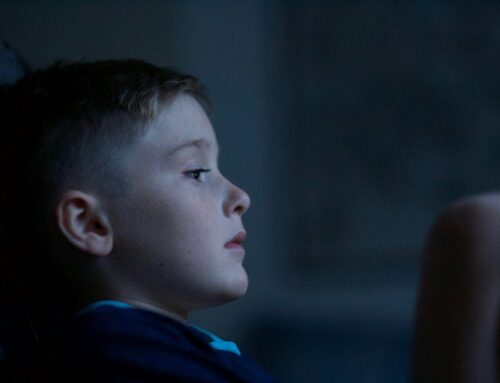While not an official diagnosis or even a syndrome, failure to launch has become a popular and helpful term to describe challenges in the transition to adult life. Failure to launch characterizes the difficulties a young adult may face when greater independence, autonomy, and problem-solving skills are required. Depicted humorously in the Matthew McConaughey movie of the same name, parents who have watched their young adults struggle during this transition period know all too well the heartache and disappointment we feel for them.
The transition to adult life may involve the academic move from high school to college, entry to a vocational training program, or a headfirst dive into the job market. Knowing where to seek resources, who to talk to, when to call, and when to seek advice is doubly hard for a young adult when we, as adults, expect a degree of independence and the shame of failure looms large.
Failure to launch often results in the young adult returning home to live with his or her family, economic dependence, and a host of other problems that may include anxiety and depression, substance use, excessive gaming, and a deep and personal sense of failure that may seem all too permanent.
Interestingly, COVID-19 may offer some unique opportunities for young adults struggling with transition. Anxiety and fear of failure often accompany the challenges of autonomy resulting in stagnation, negative expectations, and self-defeating behaviors. Since COVID 19 prevents the execution of many transition behaviors, such as job interviewing or in-person meetings, young adults may be more willing to engage in the necessary preparatory tasks, knowing they can’t or don’t have to pull the trigger. So, this may be a great time to emphasize tasks that can be safely completed in preparation for take-off.
COVID-19 and Failure to Launch: The Preparation Phase
- Establish responsibilities or expectations regarding living arrangements. While a curfew is probably not necessary, a routine or daily schedule is recommended
- Encourage healthy sleep habits (https://www.sleepfoundation.org/articles/healthy-sleep-tips)
- Set expectations regarding maintenance of room, meal planning, and household tasks
- Use of substances should be minimalized, limited or prohibited
- Limitations should be placed upon gaming and social media (https://www.commonsensemedia.org/research/technology-addiction-concern-controversy-and-finding-balance)
- Begin a digital plan for independence. Have your son or daughter set up a shared folder with goals, timelines, and helpful information
- Create a specific task or objective for each day
- For some young adults it may be helpful to consult with an online life coach or executive function coach who can facilitate planning and allow some parental input
- Clinical symptoms of depression and anxiety should be treated either via telehealth, pharmacology, or both (https://www.rtor.org/2016/03/03/failure-to-launch/)
- Resist the urge to consistently ask the young adult what his or her plan is or when they expect to move out
- Finally, it is important to recognize that age is not always an accurate indicator of one’s neurodevelopment maturity. Young adults, particularly those with executive function disorders or ADHD, may still be developing the skills to promote their autonomy and independence despite their age. (https://www.beyondbooksmart.com/executive-functioning-strategies-blog/failure-to-launch-the-young-adult-with-executive-function-challenges)
Contact NBA for TeleNeuropsycholgy-TeleNP, which includes modified assessments, neurodevelopmental and neuropsychotherapy services, and additional resources!





